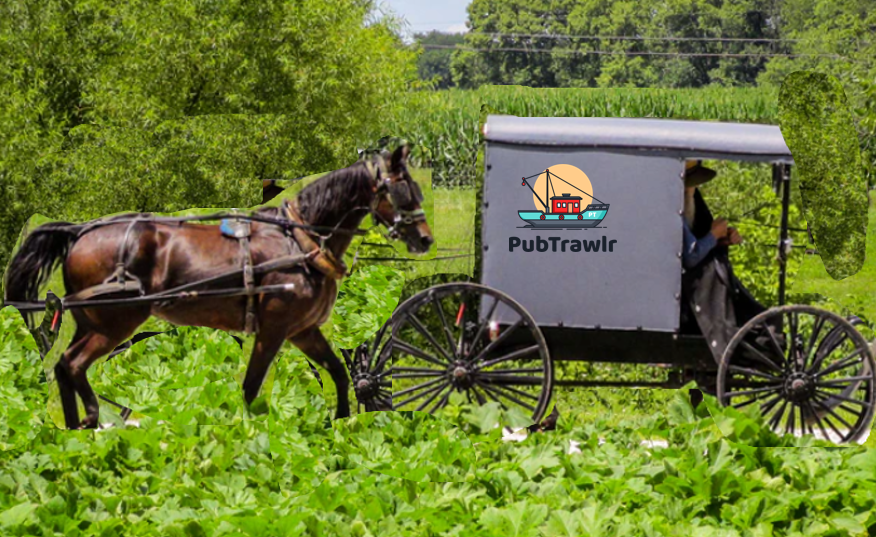
June in Community Psychology
Not once, but twice this week, we had the opportunity to share one of our favorite community psychology stories/parables: Lenny Jason’s classic work in Dog Litter. If you don’t know the story, check out the link or track down the original articles. The basic story is this: Dr. Jason wanted to work on a community issue and the request came back, “Help us with the dog poop.” And he did!
It’s a really powerful way to introduce the importance of end-user and community feedback when designing any intervention or attempting to address social problems. People working in community health improvement specifically often have an idea of what will work in a specific situation, but this can sometimes be putting the cart in front of the horse. Start with needs.
Article Recap

June was a light month for publications. There were only 60 articles published across AJCP, JCP, GJCPP, and the Australian Community Psychologist.
Some of our “normal” themes show up, like methods and COVID-19, as seen in both the word cloud and the bar plot. We are also seeing more mentions and articles on homelessness (see below).


The network plot is more informative in identifying research trends in the abstracts. This shows word phrases; that is, how often words occur together in pairs (and longer strings). In this figure, the circle size corresponds to the frequency of the word, and the line thickness corresponds with the frequency of the relationship.
At right, we can see a lot in the homelessness theme, including some mention of neighborhood-level factors and recovery homes.
In a previous life, I was a substance abuse counselor in Philly, so I have a long-standing interest in recovery-based treatment. A cursory PubTrawlr search on recovery homes showed this review article published about a month and a half ago. Coincidentally (seriously), it was also first-authored by none other than Lenny Jason. And it’s not even his birthday month!
Topics
Even with such a relatively small number of articles this month, we saw a fairly even distribution of topics. Articles on housing and homelessness comprised the largest number of articles this month, followed by topics dealing with sexual assault and abuse.


This month, we also explored the interrelationships between the topics (like I did in an earlier post on racism and health). The network plot at right shows the strength of the absolute correlation between topics, with the thickness of the line being a stronger relationship. These correlations aren’t too high. I only included values 0.2 or higher, though it does show where some themes may be intersecting.
The article most representative of each topic can be found in the downloadable pdf below. One interesting phenomean is that there is a good international flavor this month, with two of the articles focused on populations in Turkey and Kenya. And surely, we want community psychology to have more of a global practice component?
If you don’t have much time and want to get a general sense of this month’s literature, this is good document to reference.
SCRA2021 Biennial Recap
Did you miss our SCRA recap? Well, check it out here at this link! We go into trends found in the program and try to make sense of the dearth of social media data. Hey, let’s do better with our hashtag! Or maybe all the updates were on TikTok and we missed them…
Coming soon* –> 101 Days of Community Psychology
To be a leader and activist in community-based research requires more time than hours in the day. PubTrawlr helps you maximize the time you do have by identifying and summarizing key trends and findings.
After a slightly elongated and torturous process, we are getting ready to launch 101 Day of Community Psychology. 101 DOS distills down over a dozen Community Psych and Community Psych-adjacent publications to help you know the key trends and articles. Get more informed faster.
Last Call for Swag
The PubTrawlr user survey closes this Thursday, so be sure to claim your swag.
Edit: July 9, 2021. The survey is closed! We’ll have more opportunities to contribute in the near future, so stay tuned!



